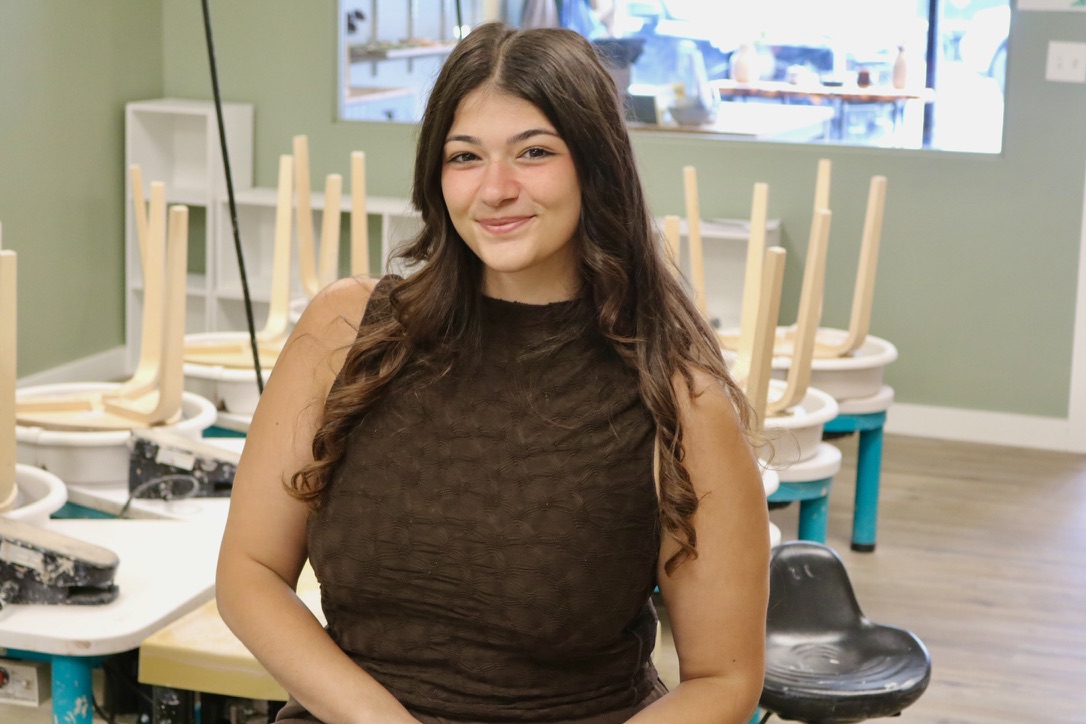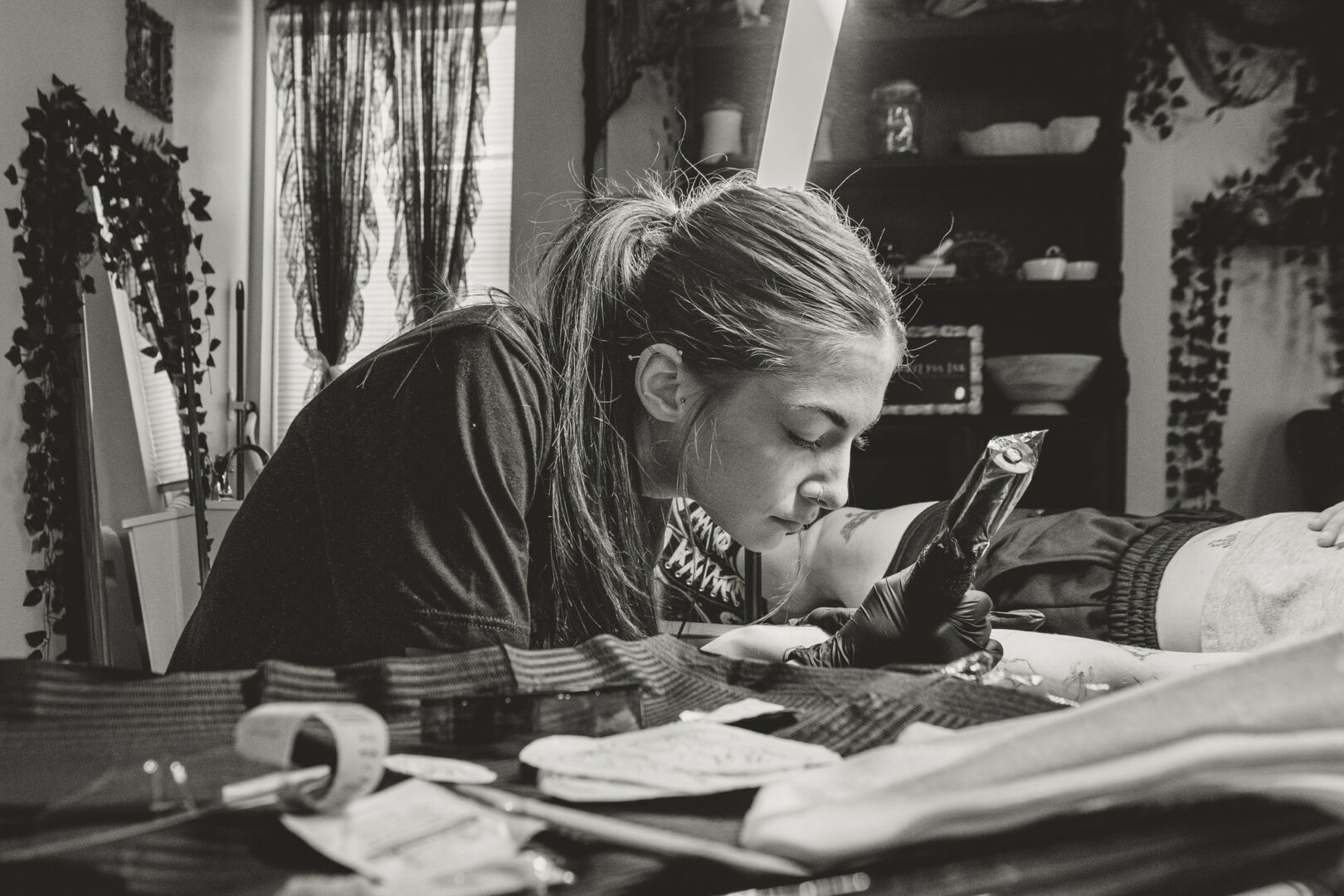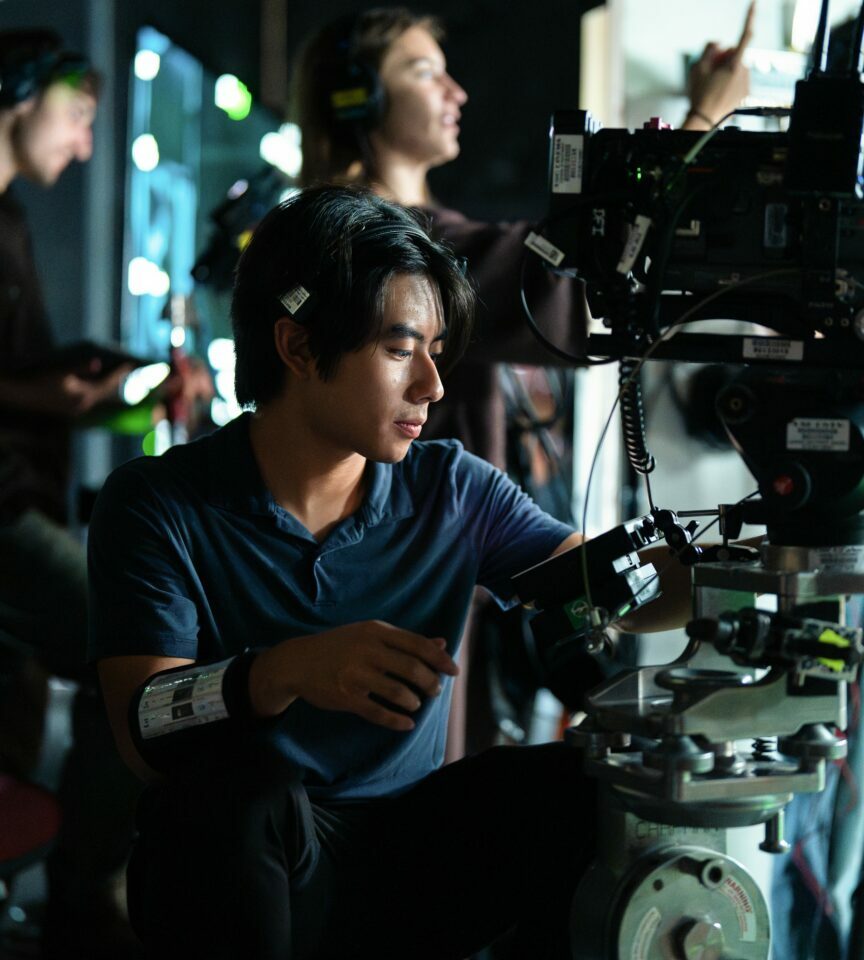Alright – so today we’ve got the honor of introducing you to Shannon Hough. We think you’ll enjoy our conversation, we’ve shared it below.
Shannon , we’re thrilled to have you on our platform and we think there is so much folks can learn from you and your story. Something that matters deeply to us is living a life and leading a career filled with purpose and so let’s start by chatting about how you found your purpose.
My purpose is deeply rooted in my own journey through trauma, survival, and healing. I served in the Navy with pride, but my life was forever changed after I was sexually assaulted while in uniform. In the aftermath, everything I had worked for—my dreams, my career, my sense of self—was shattered. I lost the will to continue serving my country. I lost the will to live.
For thirty years, I battled depression, alcohol abuse, and multiple suicide attempts. On the outside, I appeared successful—serving as a mayor, city manager, congressional staffer, and lobbyist—but inside, I was broken. I felt like a failure, carrying invisible wounds that no one could see.
Eventually, I made the decision to seek healing—not just for myself, but for others like me. I wanted my inner world to match the image I projected. That’s when I founded a nonprofit dedicated to helping women service members who have experienced military sexual trauma. In building this organization, I found my purpose: to create a space for healing, connection, and hope.
I know what it feels like to be isolated in that pain. My mission is to make sure no woman feels as alone as I did in the decades after my assault. One in three servicewomen experience military sexual trauma. My purpose is to reach them, stand with them, and remind them: you are not alone, and healing is possible.

Thanks, so before we move on maybe you can share a bit more about yourself?
I’m the founder of Shield of Sisters, a nonprofit dedicated to helping women who have experienced Military Sexual Trauma (MST). Our work is grounded in community, healing, and purpose. For years, I felt completely alone in my pain—so I created the kind of support network I wish I had. Shield of Sisters offers retreats, resources, and a sense of belonging for survivors who often feel invisible or forgotten.
What’s special about our work is that it’s led by survivors, for survivors. We understand the depth of the trauma because we’ve lived it. And we believe in the power of community to restore what’s been taken—hope, voice, and identity.
Professionally, this is the most meaningful work I’ve ever done. After a career in public service and politics, I’ve never felt more aligned with my calling. Every retreat, every conversation, every woman who says, “I finally feel seen,” reminds me why I do this.
What’s Next for Shield of Sisters
This year, we’re expanding in powerful ways. We’re hosting five women’s retreats across the country, plus one specifically for male survivors—because MST affects them, too, and they’re often left out of the conversation.
We’re also launching a video series to support survivors on their healing journey, covering topics like triggers, thriving after trauma, and reconnecting with your sense of self. These videos are being developed in partnership with Psych Armor, and we’re seeking funding to make them widely accessible.
In addition, we’re building out our team, strengthening partnerships (including with the Face the Fight Coalition for suicide prevention), and planning a national conference that brings survivors, advocates, and allies together to create lasting change.
Shield of Sisters isn’t just a nonprofit. It’s a movement. We’re restoring lives, reclaiming voices, and building a future where no survivor has to walk alone.

Looking back, what do you think were the three qualities, skills, or areas of knowledge that were most impactful in your journey? What advice do you have for folks who are early in their journey in terms of how they can best develop or improve on these?
As rewarding as this work is, I won’t sugarcoat it—leading a nonprofit rooted in such deep personal pain is emotionally and mentally challenging. And on top of the emotional labor, there’s the constant pressure of seeking funding. That part is hard. Continuously having to prove the value of your work to secure the resources to keep going—it wears on you. But I stay focused on the people we serve. Their healing is worth every grant application, every pitch, every sleepless night.
Looking Back: What Made the Difference
When I reflect on the journey, three key qualities have carried me through:
Resilience – Not just surviving trauma but learning how to rise from it again and again. Resilience has helped me lead with empathy, remain mission-driven in tough times, and continue showing up even when I feel empty.
Strategic Communication – From lobbying on Capitol Hill to running a nonprofit, the ability to communicate clearly, passionately, and persuasively has been essential. Whether it’s writing grants, speaking at events, or advocating for survivors, being able to tell the story in a way that moves people has been a game-changer.
Relationship Building – You can’t do this work alone. Building strong, authentic relationships—with partners, funders, survivors, and allies—has been foundational to our growth and impact.
Advice for Others Starting Out
If you’re early in your journey—whether it’s starting a business, a nonprofit, or pursuing a personal mission—here’s what I’d say:
Start with your “why.” If your heart isn’t fully in it, it’ll be hard to sustain when things get tough (and they will). Passion fuels endurance.
Invest in your growth. Learn how to speak about your mission with clarity and conviction. Take a communications class, practice storytelling, learn how to write grants or pitches—it all matters.
Build your people. Find mentors, peers, partners. Surround yourself with people who believe in what you’re doing and aren’t afraid to challenge or support you. Relationships are everything.
And most of all—give yourself grace. Purpose work is heavy. Healing is messy. Growth takes time. But you’re not alone, and what you’re building can change lives. I know, because mine was changed too.

Is there a particular challenge you are currently facing?
The Biggest Challenge Right Now
The number one obstacle I’m currently facing is sustainable funding. Shield of Sisters is growing—our programs are expanding, the demand for services is increasing, and the impact is real. But keeping up with that growth while constantly searching for funding is one of the hardest parts of this work.
We’re supporting survivors of Military Sexual Trauma—many of whom have never felt safe or supported before. We’re providing retreats, resources, and community, and we’re building something that goes far beyond a single event or moment. But it all requires financial support—staff salaries, travel costs, therapy access, program development, and more. Unlike larger organizations with long-standing donor bases or endowments, we’re still in the early stages of building that infrastructure.
What Makes It Even Harder
As a survivor myself, one of the most personal challenges is having to ask for help—especially financial help. My trauma created deep wounds around trust and vulnerability. For a long time, I believed I couldn’t rely on anyone but myself. So even now, it’s incredibly hard for me to ask for anything. It feels exposing, uncomfortable, and sometimes even unsafe.
But I’ve learned that my silence doesn’t serve the mission—and it certainly doesn’t serve the women we support. I push past that discomfort every day, because I know I’m not asking for me—I’m asking for them. For the survivors who still feel alone. For the ones who are just now beginning to believe they’re worth fighting for.
How We’re Tackling It
To overcome this, I’m actively working on a few key strategies:
Building strategic partnerships with organizations like Psych Armor and Face the Fight Coalition, which not only amplify our reach but also strengthen our credibility with funders.
Pursuing multi-year grant funding instead of relying solely on one-time contributions. We’re crafting detailed proposals that highlight our long-term vision and measurable outcomes.
Expanding our donor base by telling our story in new ways—through video, social media, and upcoming survivor-focused campaigns that help people connect emotionally with the mission.
Strengthening our internal team by bringing on part-time grant writers and external relations support to help carry the fundraising load—because I can’t do it alone, and I shouldn’t have to.
This work is too important to let financial obstacles stop it. Survivors are counting on us—and I’m committed to doing the hard things, even when they scare me. Because at the end of the day, Shield of Sisters is about reclaiming power, voice, and purpose—and that includes mine too.
Contact Info:
- Website: https://www.shieldofsisters.com
- Instagram: https://www.instagram.com/shieldofsisters/
- Facebook: https://www.facebook.com/ShieldofSisters
- Linkedin: https://www.linkedin.com/company/shield-of-sisters/


so if you or someone you know deserves recognition please let us know here.




